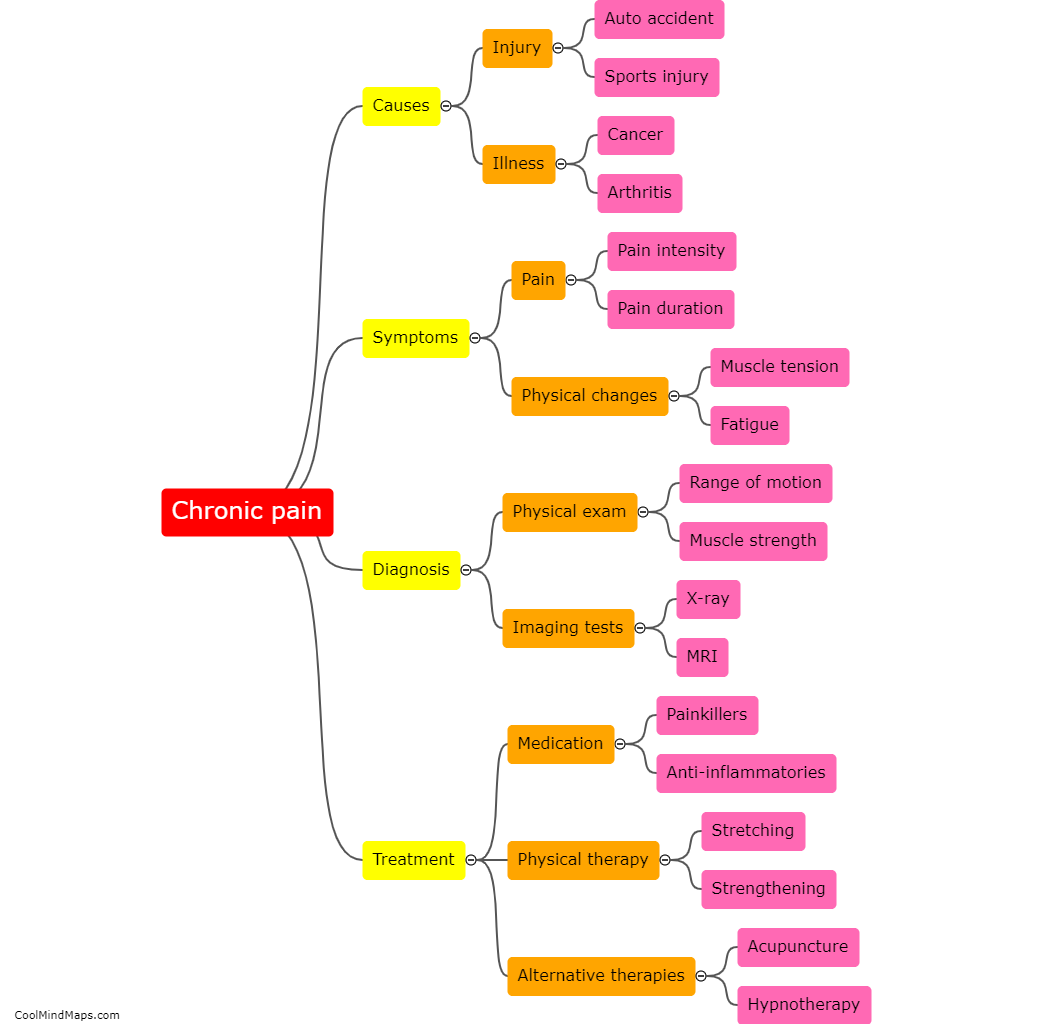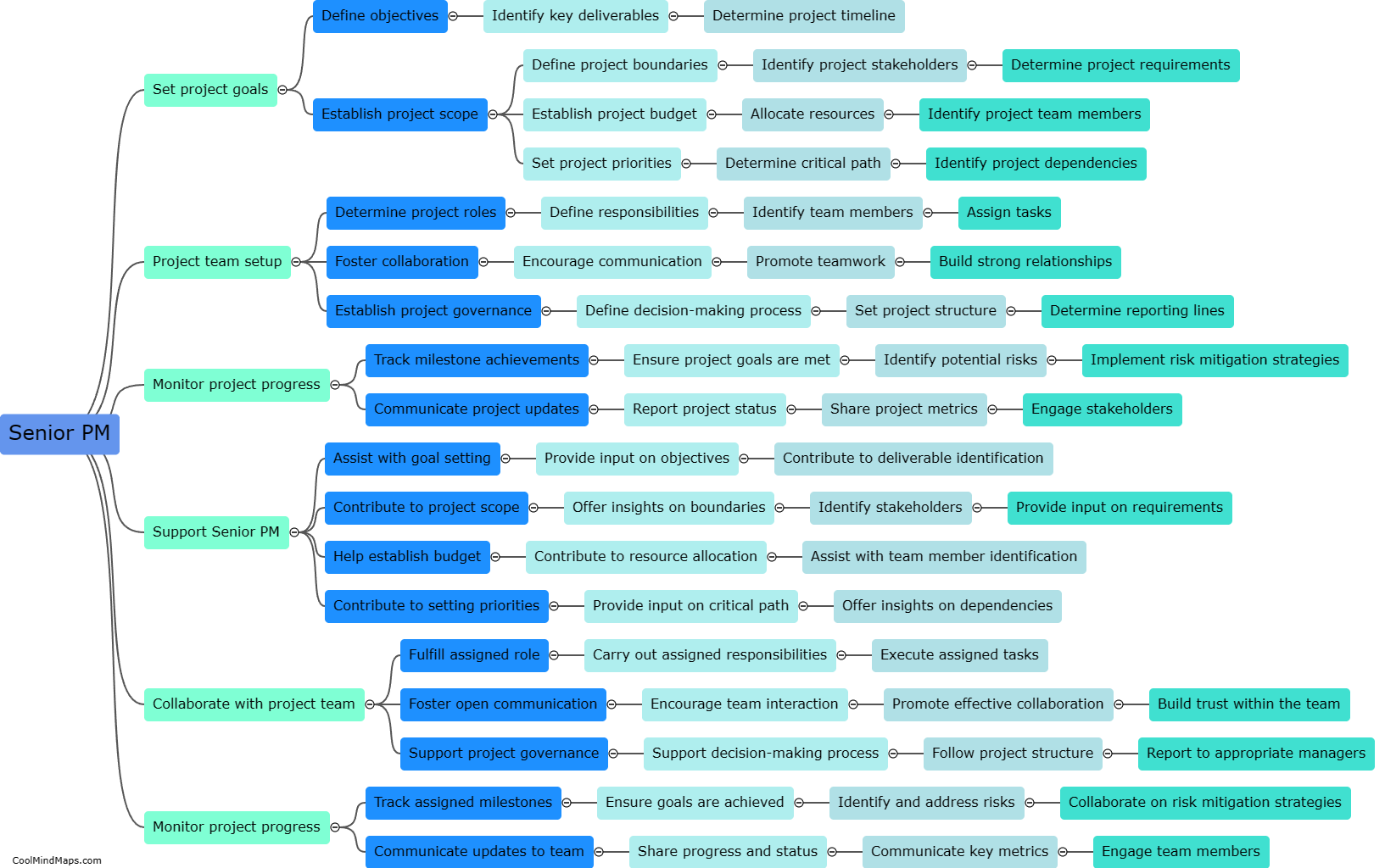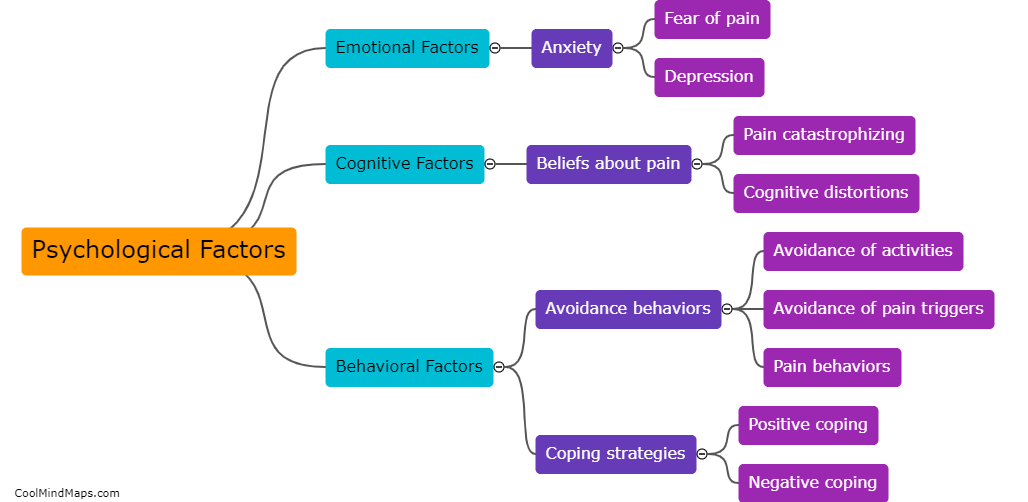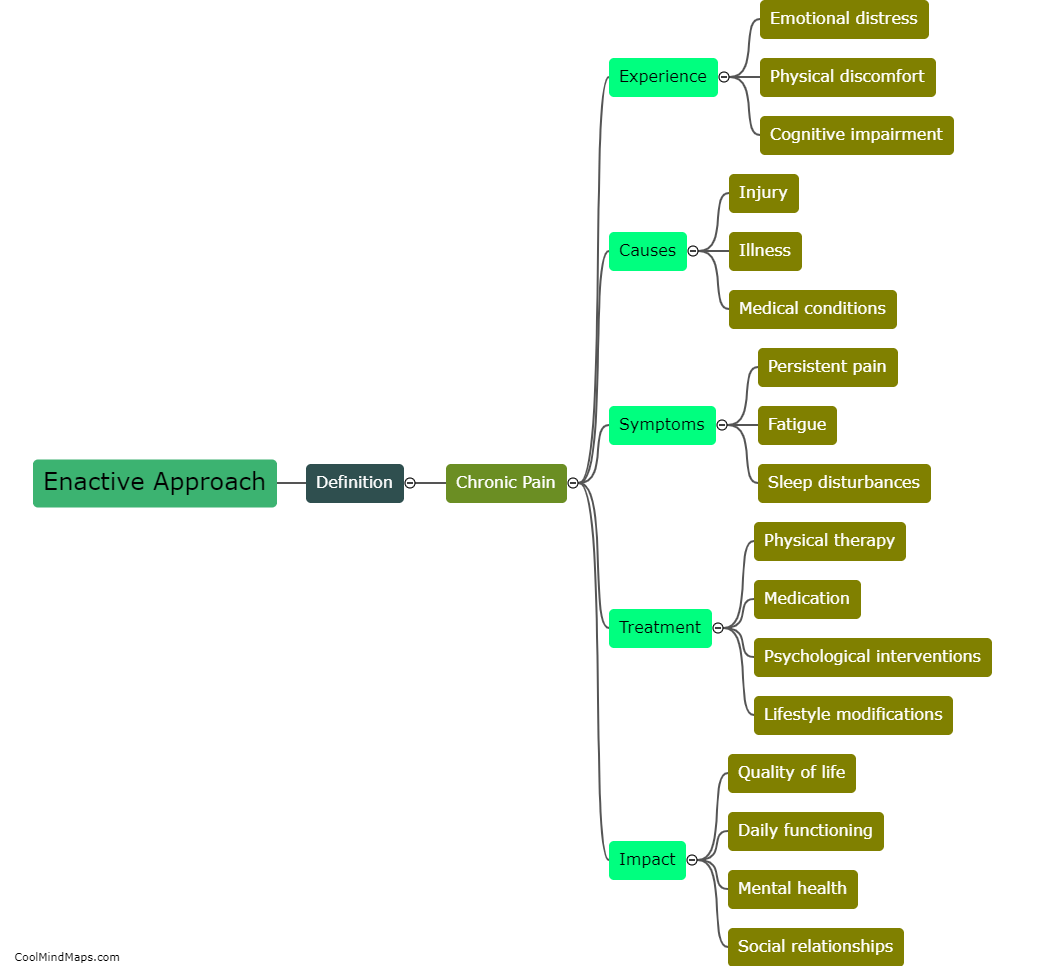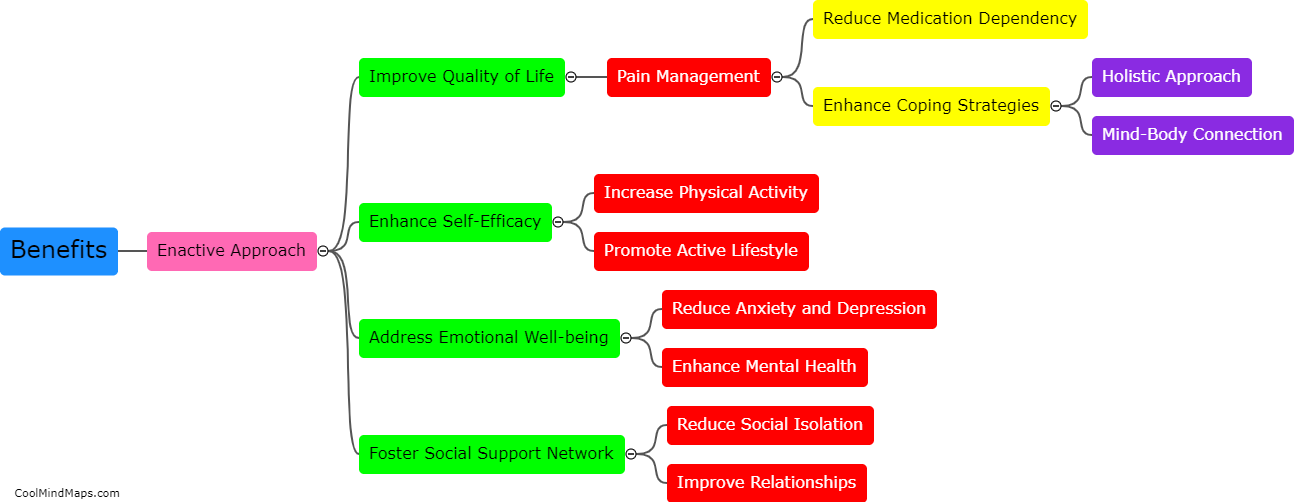What social factors influence the experience of chronic pain?
The experience of chronic pain is influenced by a wide array of social factors. First and foremost, the social support system can play a crucial role in shaping the experience of chronic pain. Individuals who have strong social support networks, such as family, friends, and community, tend to have better coping mechanisms, higher levels of resilience, and improved overall well-being compared to those who lack social support. Additionally, cultural beliefs and societal attitudes towards chronic pain can impact how individuals perceive and express their pain. Societal norms regarding expressions of pain, stigma, and misconceptions can shape one's experience, affecting their emotional well-being and access to appropriate pain management. Economic and socioeconomic factors, such as financial stability and healthcare accessibility, also significantly influence the experience of chronic pain. Adequate access to pain management resources, including healthcare professionals, medications, and therapies, is crucial for individuals with chronic pain to manage their condition effectively. Overall, understanding and addressing these social factors is essential for improving the experiences and quality of life for those living with chronic pain.

This mind map was published on 2 December 2023 and has been viewed 101 times.



